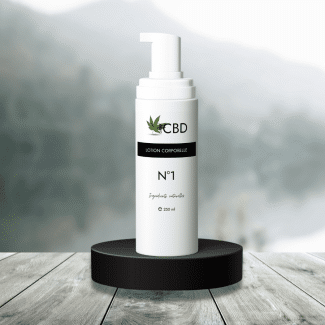
The use of cannabidiol (CBD) , a non-psychoactive compound in cannabis, has gained popularity due to its many health benefits, including anti-inflammatory properties, relief of anxiety, and potential support in the management pain. It is crucial to understand its interactions with common medications, such as antihistamines used to combat allergic reactions.
Understanding antihistamines
Antihistamines are essential in treating allergic symptoms. These medications work by blocking the action of histamine, which causes allergy symptoms like sneezing, itching, and runny nose. They are generally divided into two groups: first generation, which may cause drowsiness, and second generation, which are less likely to cause drowsiness.
Interaction between CBD and antihistamines
The interaction between CBD and antihistamines presents both potential synergies and risks. Research suggests that CBD may improve the effectiveness of antihistamines by adding its anti-inflammatory effects. This could potentially make CBD a supportive therapy in the management of severe allergies.
Potential synergistic effects
- Anti-inflammatory properties: CBD's anti-inflammatory abilities could complement the histamine-blocking action of antihistamines, potentially leading to more complete allergy relief.
- Modulation of the endocannabinoid system: CBD interacts with the endocannabinoid system, which regulates immune responses and inflammation. This interaction could enhance the effects of antihistamines on allergic reactions.
Possible adverse effects
Although the combination of CBD and antihistamines may offer enhanced effects, there are potential risks, especially with first-generation antihistamines known for their sedative properties. CBD may increase these sedative effects, leading to increased drowsiness and impaired cognitive function.
Precautions and medical advice
Given the limited research on the CBD-antihistamine interaction, those considering this combination should proceed with caution. It is crucial to consult with medical professionals to safely integrate CBD into a regimen that includes antihistamines, ensuring that both treatments are effective and do not lead to adverse effects.
Conclusion
As the scientific community continues to explore the effects of CBD, especially in combination with other medications like antihistamines, it is vital for consumers to stay informed and consult with health experts. This careful approach will help maximize the benefits of CBD while minimizing potential risks.
















